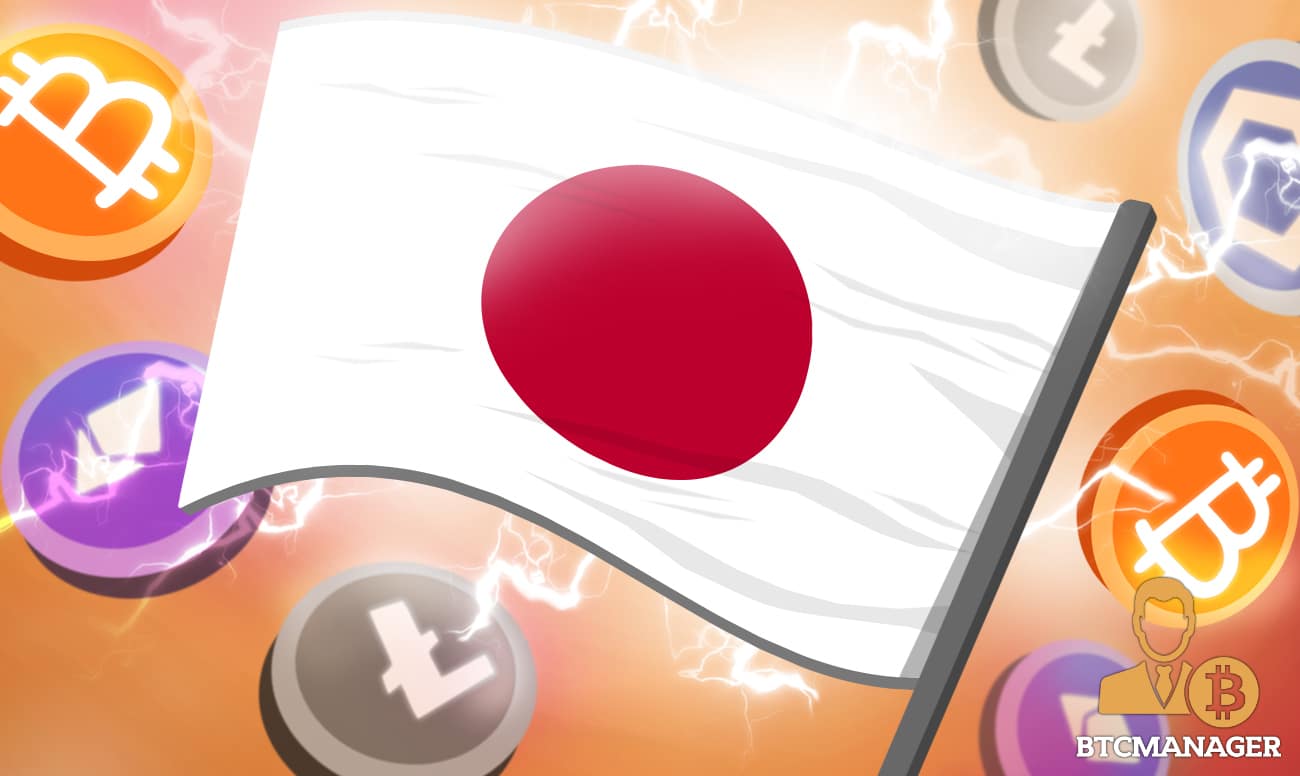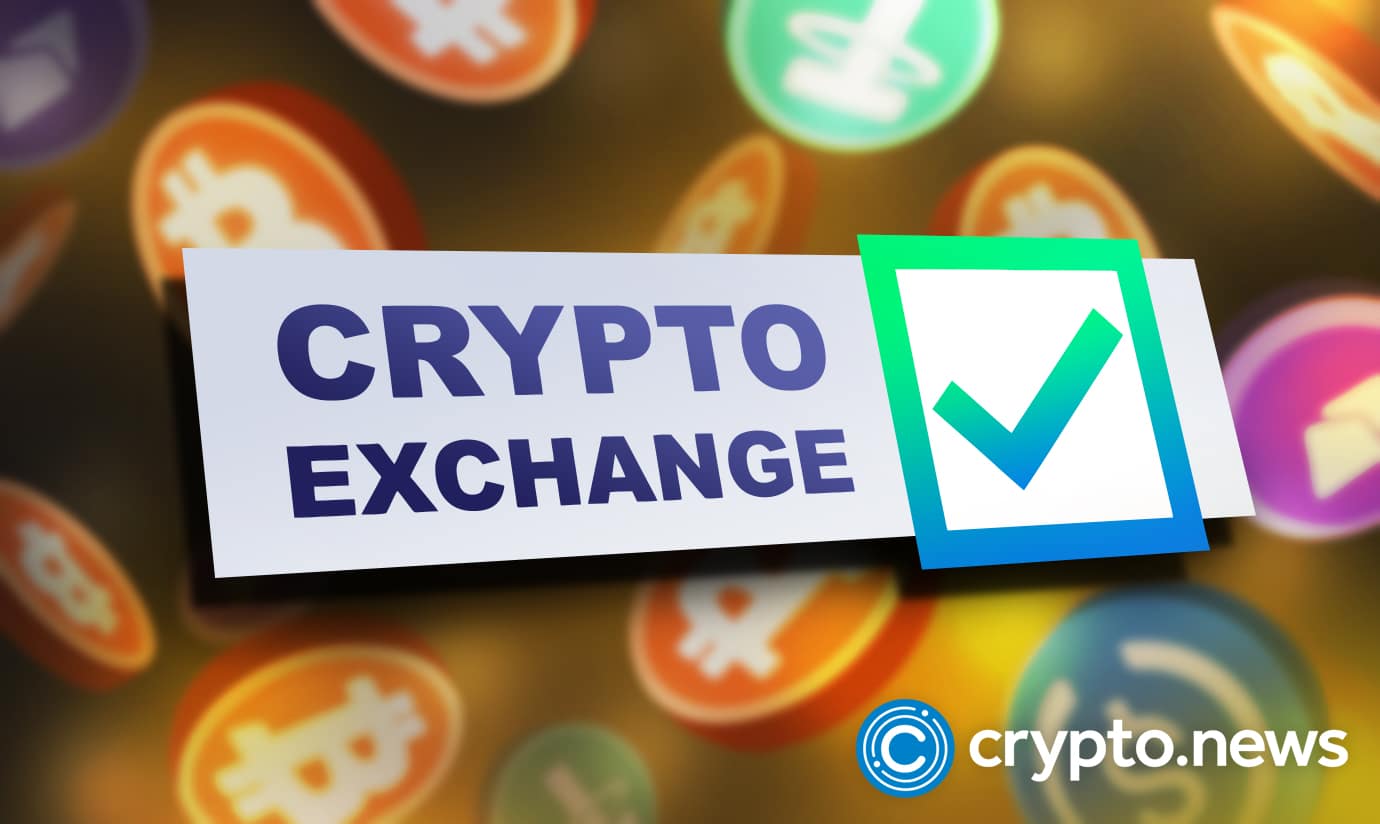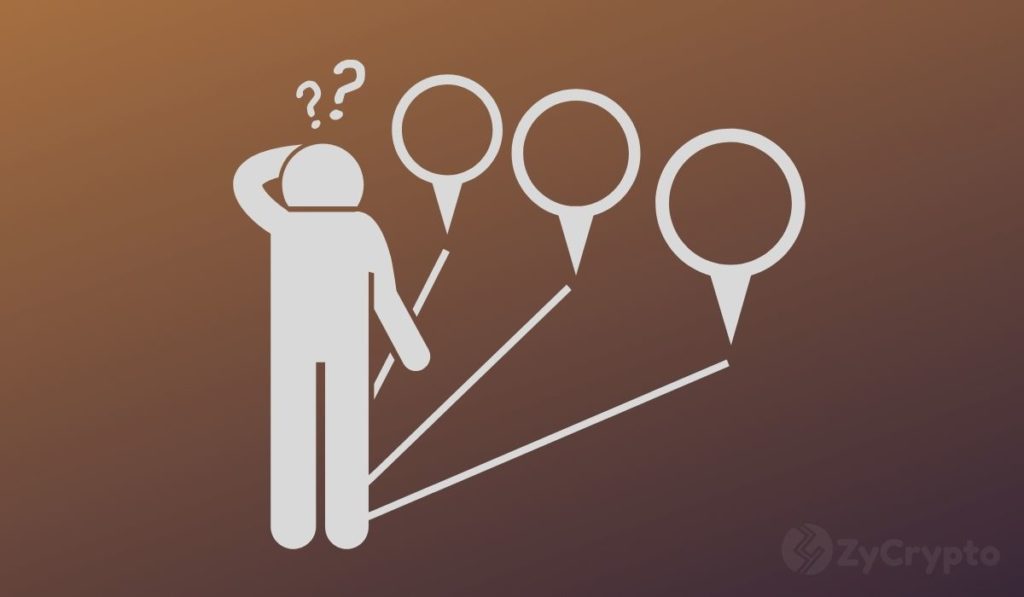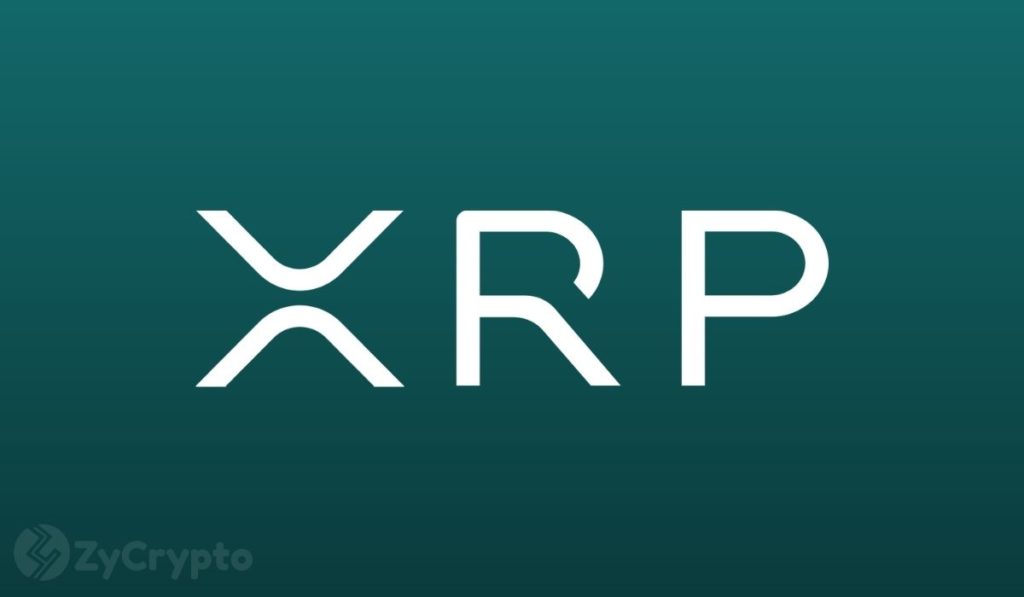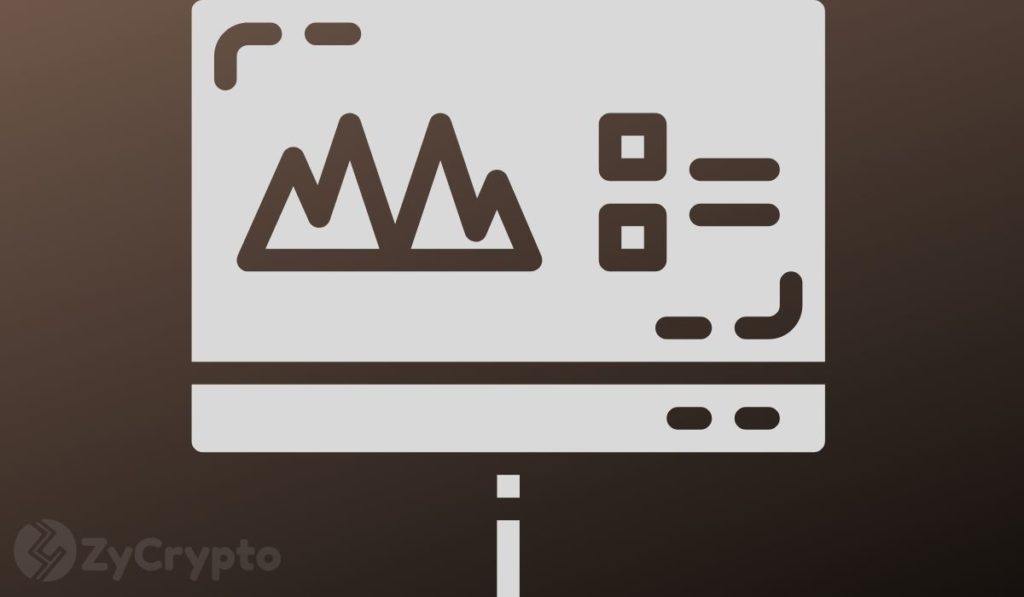2018-9-3 23:07 |
New crypto exchanges will now face a new regulatory rule after reports emerged that Japan’s Financial Services Agency (FSA) has tightened up the existing screening process.
According to JapanTimes, the new measures were taken in order to ensure that the crypto exchanges are properly conducting risk management. Additionally, the upgraded regulations will now be a part of the revised Payment Services Act, used by the watchdog since April 2017.
A new feature of the registration will include a fourfold increase in “the number of questions asked when screening applications.” The number of questions is now 400 and exchanges will have to meet up before they receive a certificate of operation.
Also, the exchanges will now be required to provide the watchdog with board meeting records. This is to allow the regulators to “check whether enough discussions have been held about measures to sustain the company’s financial health and ensure the security of its computer system.”
In order to restrict the activity of anti-social groups, the updated screening process has included a new requirement. Applicant exchanges will provide regular reviews of its shareholder information.
Crypto Exchange Regulations in Japan Reach New HeightsCalls to protect crypto exchange users in Japan was heightened following the $532 million hack of exchange Coincheck.inc in January.
Since then, Japan’s FSA has carried out onsite inspections to ensure that operating exchanges are meeting up to security standards. The latest report also mentions that the body is reviewing answers to questions submitted by the exchanges beforehand and are ensuring compliance.
So far, the inspections have revealed sloppy internal controls at some exchanges, including a lack of board meeting minutes. Some exchanges such as Eternal Link and FSHO have been slapped with business improvement orders by the watchdog as part of the crackdown.
In August, FSA commissioner, Toshihide Endo, said that their efforts will allow the growth of the Japanese crypto industry under appropriate regulation.
Analysts believe that the strict rules would scare many exchanges from applying for an operating license, even though over “100 companies have shown interest in being registered as exchange operators.”
The post Japan’s FSA Enhances Risk Screening Process for Crypto Exchanges appeared first on ZyCrypto.
Similar to Notcoin - Blum - Airdrops In 2024
Time New Bank (TNB) на Currencies.ru
|
|





